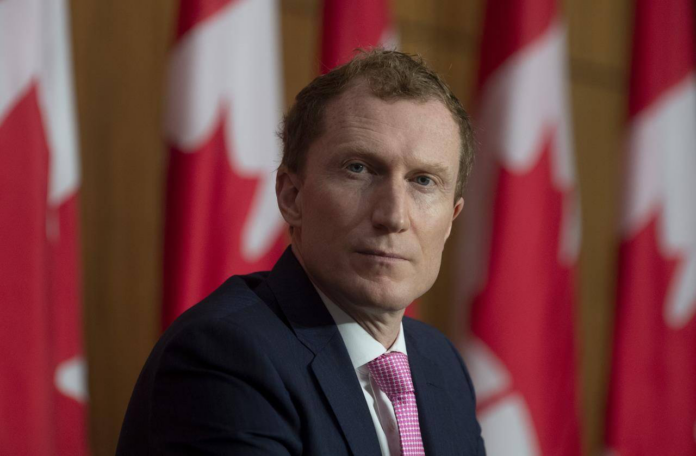
Canada is planning a “broad and comprehensive program” to allow undocumented people to apply for permanent residence status., Immigration Minister Marc Miller has revealed.
This announcement aligns with Ottawa’s historic immigration levels targets, which are set to admit about 465,000 immigrants in 2023, 485,000 in 2024, and 500,000 in 2025, after which there will be no further increase in immigration numbers.
Miller told the Globe and Mail that roughly 300,000 to 600,000 individuals are currently living in Canada without possessing valid documents, and many of them thus face deportation.
The newly proposed program would also span to those people who entered Canada legally, but have stayed even after the expiration of their visas. Not all without valid documents will be allowed to apply for a PR, however.
The plan for this policy change will be submitted to cabinet in the spring, added the Globe and Mail to its report on this topic.
Read More Canada Immigration News
Ontario Targets Tech Occupations With Mammoth Express Entry Draw
Manitoba Issues 283 Canada Immigration Invitations In New PNP Draw
International Students In Canada: Top 10 Most Important Source Countries
An undocumented migrant is described as an individual who has no authorization resident and/or work in Canada. Most become undocumented by falling out of status when they are unable to meet eligibility criteria for existing immigration programs after lawfully entering the country, and overstay the authorized period of stay.
Only a very small portion of undocumented migrants have unlawfully entered, or were trafficked/smuggled into Canada.
This is not the first time that Ottawa has addressed this issue. On November 18 of last year, IRCC had issued a notice saying that it is “committed to implementing an initiative that will regularize those without immigration status who have been contributing to Canadian communities.”
Watch Video:
“To deliver on this mandate letter commitment, we are reviewing previous regularization programs in Canada, pathways put in place in other countries, and academic research. We are also meeting with stakeholders to obtain their perspectives. Based on this work, we will develop options, consult provinces and territories, and come forward with plans to inform a future initiative.”
Several programs for out-of-status workers have been introduced in the past. The Temporary Public Policy for Out-of-Status Construction Workers in the Greater Toronto and Hamilton Area (GTA), for example, was launched in recognition of the economic contributions of construction workers and to address the vulnerabilities that accompany a lost status.
In 2023, the Canadian Labour Congress (CLC) was reported to be working with IRCC to process at least an additional 500 applications for PR for out-of-status construction workers in the GTA, under the new Subsequent Temporary Public Policy to Continue to Facilitate Access to Permanent Resident Status for Out-of-Status Construction Workers in the Greater Toronto Area in 2023.
Another program was the Guardian Angels temporary public policy, which was introduced during the pandemic. Its aim was to provide a PR pathway for pending and failed refugee claimants working in direct patient care, and their families.

